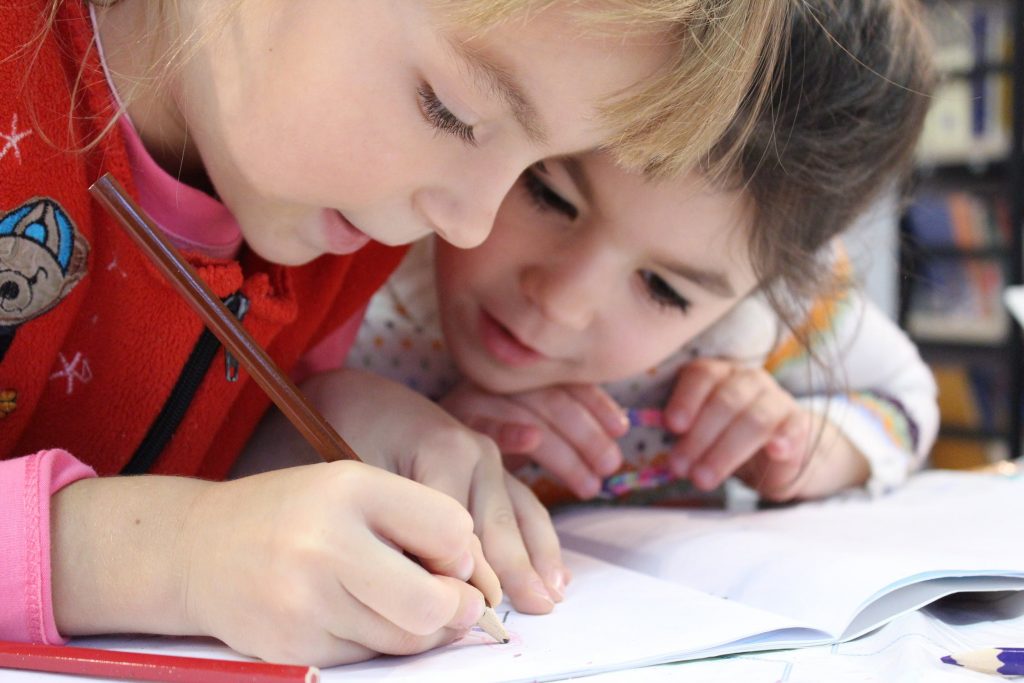Five Ideas for More Effective Teaching
Five Ideas for More Effective Teaching

Robert Sutton’s Good Boss, Bad Boss examines the differences between being a bad or good boss, but those distinctions can also serve as extremely useful parallels for bad or good teaching. In particular, there are five ideas in Sutton’s work that can help foster a positive learning environment in the classroom and, most importantly, set the stage for improved student learning. While Sutton’s ideas are presented in the context of a workplace environment, they are all ideas central to effective leadership, and they translate seamlessly to the classroom.

Assume the best
“The power of believing that good things will happen to your people, and communicating that to them–the self-fulfilling prophecy–is supported by much research.”
Much has been written about the self-fulfilling prophecy in school. Numerous studies have shown that it is important to have faith in our students and to hold high expectations for them. Good teachers push themselves to do or be more for their students by just taking time to reflect on two simple questions:
- Am I selling my kids short?
- Do I really believe in them?

Psychological safety
“Psychological safety is the key to creating a workplace where people can be confident enough to act without undue fear of being ridiculed, punished or fired.”
Suttons words also apply to the classroom. We don’t experience optimal learning when we are afraid of being embarrassed, insulted, or violated. Psychological safety is a necessary prerequisite for learning.
Good teachers want to encourage learning and creativity and strive to shape the culture and monitor conversations in their classrooms to create safety. The first intervention, of course, begins with ourselves as we model respect and kindness toward others.

Small wins
“Karl Weick, author of the classic article ‘Small Wins,’ shows that when a challenge is construed as too big, complex, or too difficult, people freak out and freeze up. Weick shows that people think and act more effectively when they face and can conquer more modest and controllable challenges.”
Much like employees, students can also freak out and freeze up. So, an important part of using effective instruction is to follow Sutton and Weick’s advice. By breaking complex learning into small wins, good teachers increase student motivation, achievement, and even joy.

Forgive and remember
“There are three kinds of reactions to failure. The first is to remember, blame, humiliate, and perhaps expel the culprit. This is the ‘do it right the first time or don’t do it mentality’ … The second kind of reaction is to ‘forgive and forget,’ which is what benevolent but incompetent bosses do… The third approach is … the one used by bosses who create safety and accountability: forgive and remember. [Good bosses] use failures as an opportunity for learning rather than finger pointing.”
Ignoring mistakes, whether in the boardroom or the classroom, will not lead to the best learning. Mistakes need to be encouraged and used as opportunities for learning. For that reason, good teachers need to ensure that students feel free to try hair-brained ideas and then encourage students to learn from their mistakes if those ideas falter.

Be an energizer
“Energizers … create energy via optimism about the possibilities ahead, fully engaging the person right in front of them right now, valuing other’s ideas, and helping people feel as if they are making progress.”
Sutton explains that “People affect the energy and enthusiasm we have … in various ways. Interactions with some people can leave you feeling drained while others can leave you feeling enthused about possibilities.”
What kind of teacher would you rather have for your children? Of course, you’d want an energizer for your children, someone who encourages, reinforces, and inspires. As educators, we should ask ourselves, “Am I energizing or draining our students when I teach?” Few things are more energizing than the growth, development and empowerment that can arise from a great learning experience.
By incorporating these ideas into our approach as educators, we can encourage students to reach their greatest potential and create an environment in which they can truly flourish.
Have you incorporated these concepts in your teaching, coaching, and/or learning? Tell us how in the comments below!
Join the Conversation
Do you have a coaching story to share?
We love hearing how instructional coaching is impacting the life, work, and relationships of people all over the world. Share your story with us today.

.svg)



